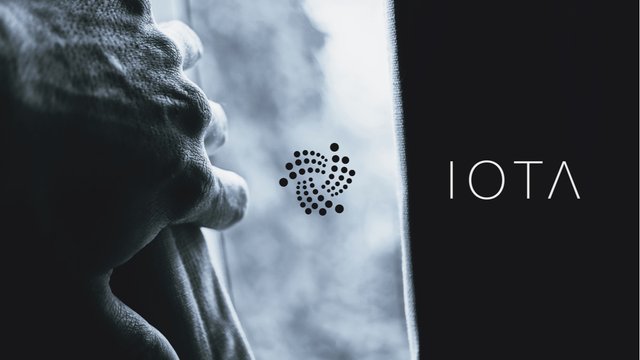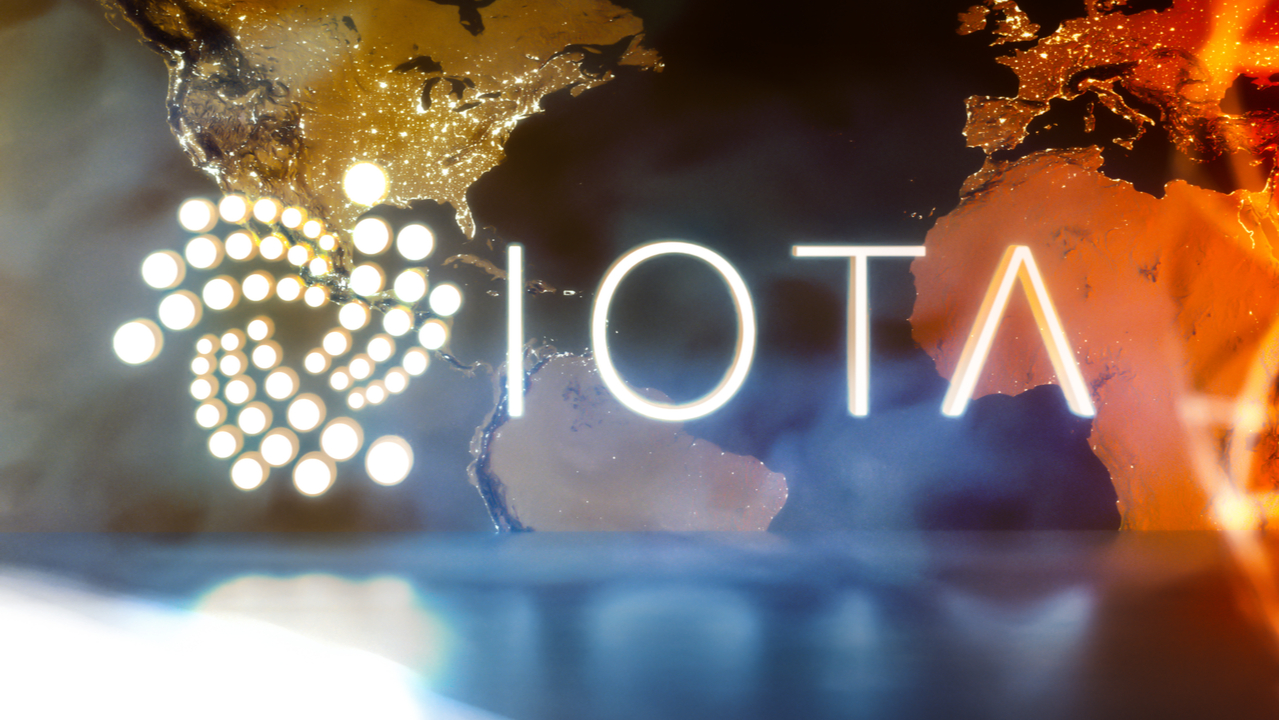The Blockchain Handbook - Chapter 12: IOTA (IOTA)
Self-proclaimed as the "next generation blockchain," IOTA, launched in 2016, bills itself as the future of the "Internet Of Things" and is designed especially for this ever-increasing web of internet-connected objects. As the co-founders and the IOTA team see it, the expansion of the Internet Of Things will require "the need for interoperability and sharing of resources" between the various devices. They'd like to see IOTA become the backbone of this new landscape, creating a business model that turns technological resources into a service to be traded in a real-time, open market, sans fees.

The idea is one that has plenty of people excited, with outlets like the Daily Dot contemplating whether or not it might be "the next Bitcoin." That interest sparked a large jump in value in the later part of 2017, and even though it's cooled heading into February of 2018, the market cap for IOTA still sits near $4,423,900,398, about 446,003 BTC, while the value is approximately $1.59, with a 24-hour volume of $55,855,200 and the entirety of its maximum supply -- 2,779,530,283 MIOTA -- in circulation.
IOTA: Competition, Pros and Cons
Though the hype about IOTA becoming the next Bitcoin is real, it's important to note there are some significant differences between the two platforms. For starters, IOTA doesn't generate blocks like Bitcoin, nor does it need to be mined. Instead of the tried-and-true blockchain concept of other cryptocurrencies, IOTA uses something known as Tangle, a "revolutionary new blockless distributed ledger." According to the IOTA team, this system is "scalable, lightweight, and makes it possible to transfer value without any fees." That description is just a cursory one, though. IOTA goes into more depth about the tangle system in their white paper, and a helpful summary comes by way of A Beginner's Guide To IOTA:
"For every transaction that occurs on IOTA's network, the transaction needs to approve two previous transactions by conducting a small amount of Proof of Work for them. The premise is that as more transactions occur, the network will be able to scale faster since there are more verifications being performed in parallel."
This system, IOTA explains, also helps to mitigate instances of double sending and allows for the network to be asynchronous. Nodes, as they put it, "do not have to achieve consensus on which valid transactions have the right to be in the ledger," but "in the case where there are conflicting transactions, the nodes need to decide which transactions will become orphaned," which is done via a selection algorithm. Other benefits of this system include the fact that the network is fully decentralized and transaction speeds increase as the user base grows.
IOTA's platform allows for micro- and nano-transactions, true, but the "core feature," according to their website, is the ability to transfer data through Tangle. Devices will be able to communicate via secure connections, and that data will be "fully authenticated and tamper-proof," negating the possibility of outside attacks. In IOTA's grand vision, the current Internet Of Things will evolve to a point with more machines than people, and all of those things will have the ability to "talk" with one another. There have been some concerns, though, stemming from the incident in which IOTA's Coordinator was forced to shut down.
The attack didn't generate any panic or loss of trust in IOTA's mission, but it did affect the IOTA wallet for a time. While it has since been addressed, it has led some to question how the project will fare going forward, because the IOTA team has built much of its platform from scratch. This means that the nascent systems IOTA has developed haven't seen as much use in the real world as more established ones, and the potential for unforeseen vulnerabilities may, as a result, be heightened. As the IOTA team moves forward, they may well realize and plan for this particular drawback accordingly.

The Uses of IOTA
IOTA goal, as stated in their roadmap, is a transformative one:
"IOTA was initiated with a very clear and focused vision of enabling the paradigm shift of the Internet of Things, Industry 4.0 and a trustless 'On Demand Economy' through establishing a de facto standardized 'Ledger of Everything'."
The machine-to-machine microtransactions and data-transfer abilities mentioned earlier are a part of that, but IOTA highlights several other use cases for their technology, including e-governance, masked messaging and an "economy of everything."
Using IOTA's platform, organizations and even governments might be able to establish efficient e-voting systems for elections; devices can securely broadcast information for a wide range of uses; and "anything with a chip in it" might eventually be leased to others in real time, creating a world where idle possessions can generate value for their owners.
Beyond this, though, IOTA surmises that their distributed ledger technology may have other uses waiting to be discovered and believes that talented developers will be blazing new trails previously unheard of as adoption of the IOTA platform grows.
The Future for IOTA
IOTA has laid out their plans in their roadmap, which seemingly culminates with the standardization of their Identity Of Things concept, a "vital role in securing the connected world," as they see it. Near-future enhancements to the IOTA platform, however, will include improved networking, automated snapshotting and the masked authenticated messaging system, among others. Interested prospective users should stay abreast of both the company Twitter feed and newsletter for updates on coming progress.
Sources:
- https://coinmarketcap.com/currencies/iota/
- https://iota.org/
- https://iota.org/IOTA_Whitepaper.pdf
- https://ukcryptocurrency.com/iota/introduction-what-is-iota/
- https://www.dailydot.com/debug/what-is-iota/
- https://www.thesun.co.uk/money/5078469/iota-price-news-iot-value-gbp-usd-cryptocurrency/
- https://coincentral.com/what-is-iota-cryptocurrency-coin/
- https://medium.com/@linda.xie/a-beginners-guide-to-iota-a84424ff5536
- https://www.androidauthority.com/what-is-iota-824641/
- https://medium.com/@MartinRosulek/how-iota-makes-future-for-internet-of-things-af14fd77d2a3
- https://blog.iota.org/iota-development-roadmap-74741f37ed01
- https://twitter.com/iotatoken
- https://btcmanager.com/iota-coordinator-price/